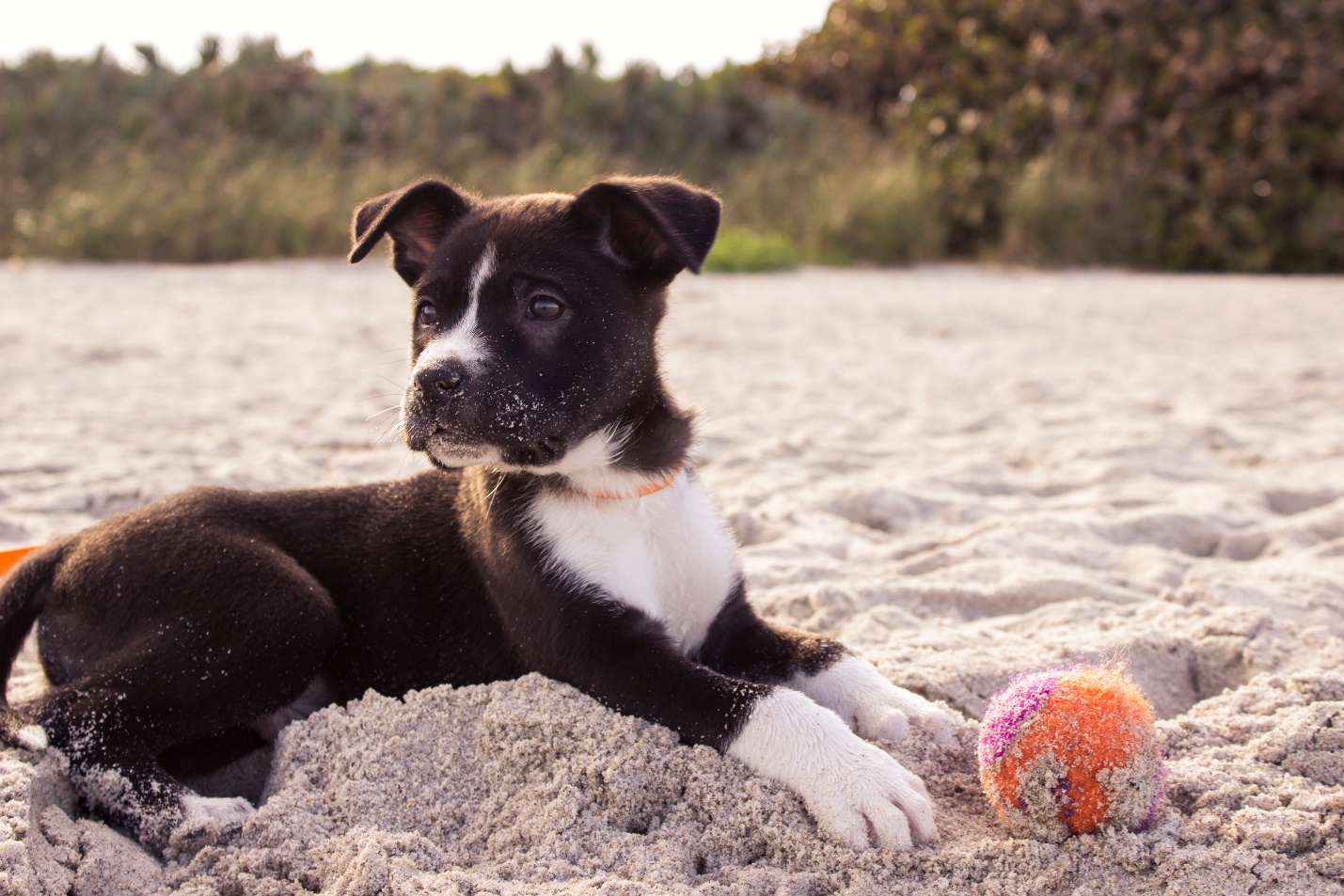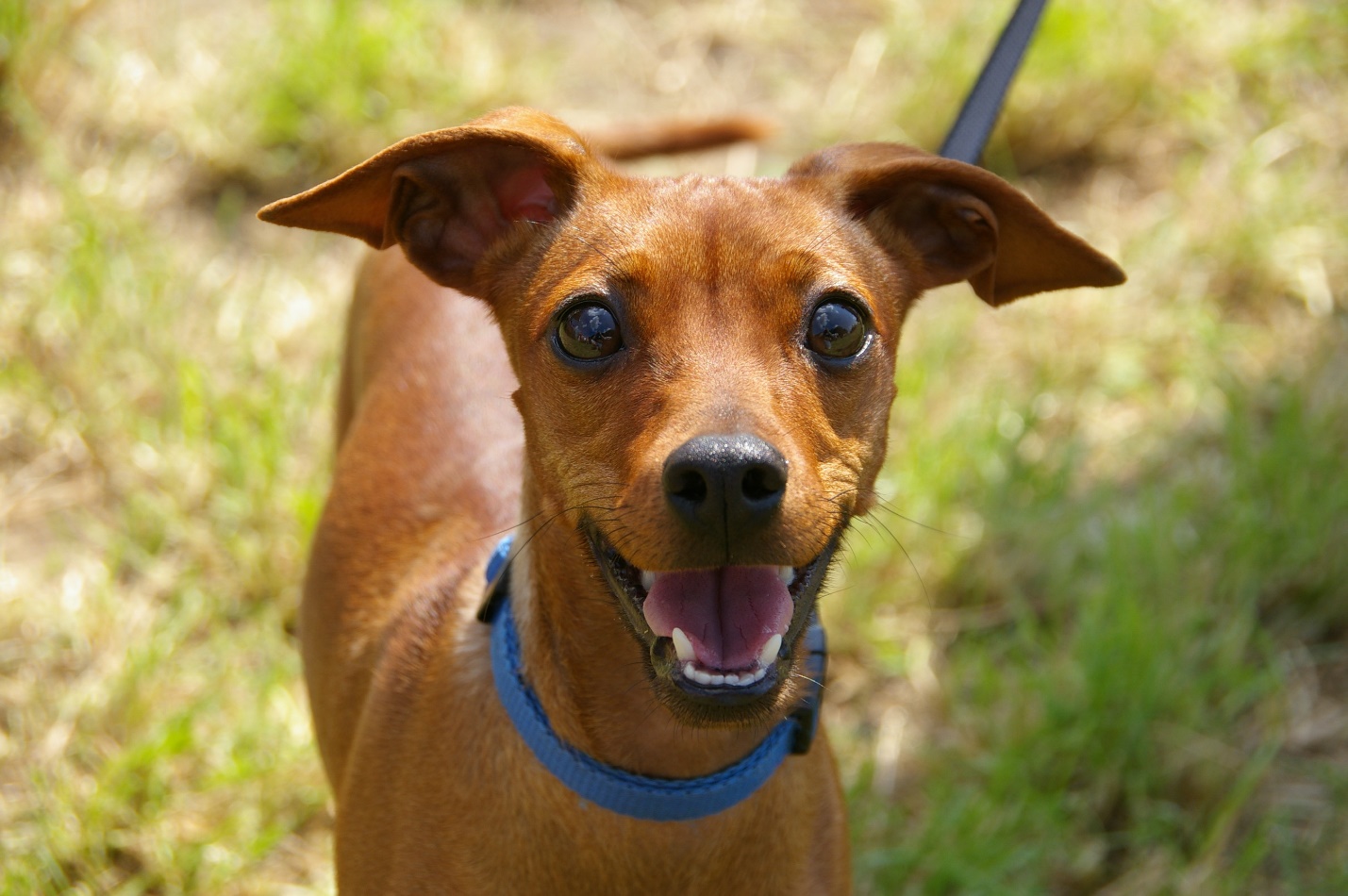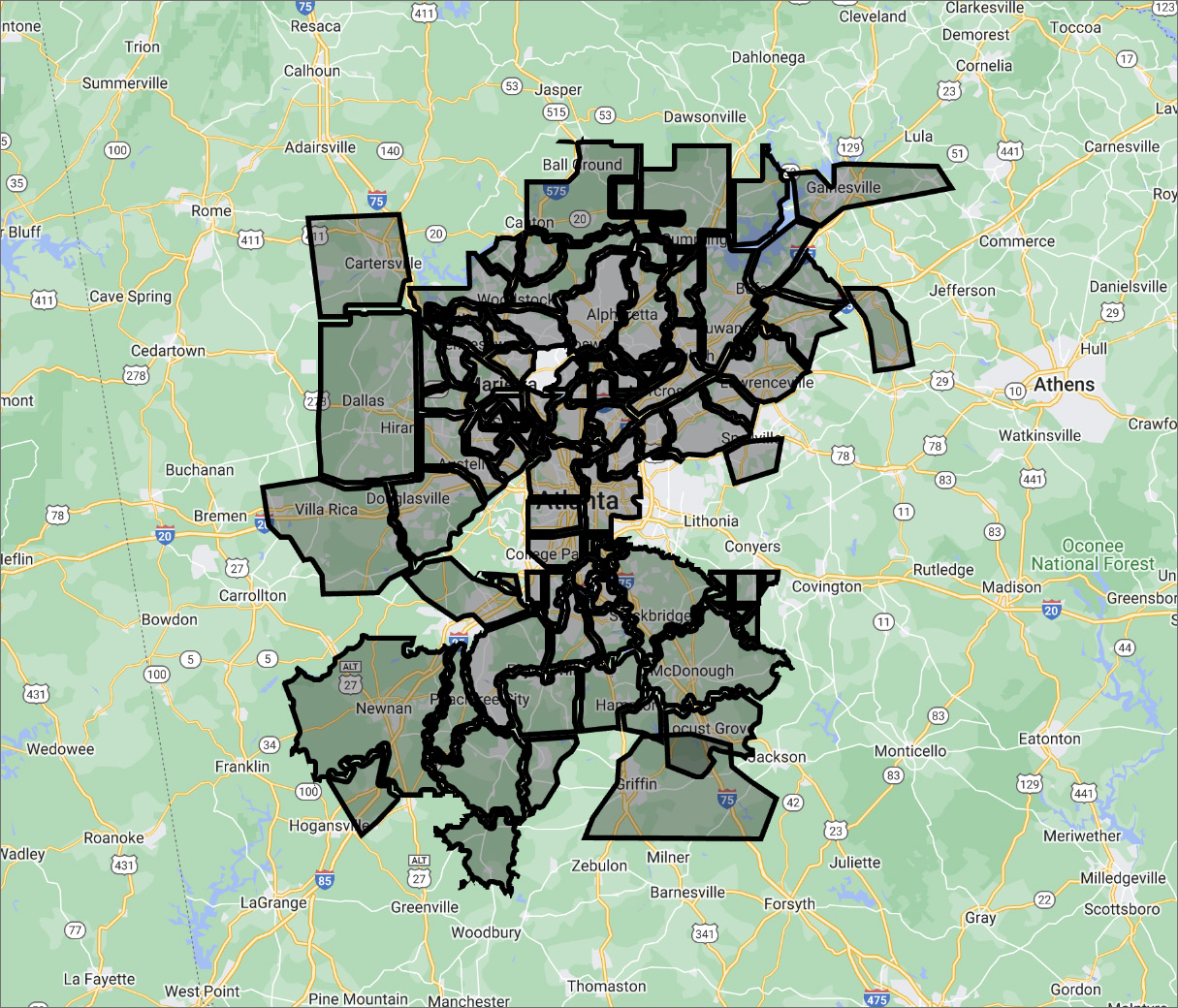Puppies are famous for two things: being adorable, and having a lot of energy. And when we say a lot of energy, we mean a lot of energy. Puppies are also very small, which means they come with tiny bladders. Combine those factors together, and you get an animal that needs to be walked frequently. But how much walking is too much for a puppy? What’s the best age to start walking your puppy? And once Fido’s old enough, how often should your puppy go outside? Keep reading for the answers – and remember, the next time you need to hire a dog walker on short notice, call our Atlanta dog walking company. At Critter Sitters, our professional puppy walkers are available almost 24 hours a day, including weekends and holidays.

What Age to Start Walking a Puppy
Different dog breeds mature at different rates. While there are always outliers, smaller breeds tend to mature faster, while larger dogs take longer to reach adulthood. That means your one-year-old Chihuahua might make a model doggie citizen, while your neighbor’s one-year-old Rottweiler is still learning how to behave itself.
That being said, puppy development can still be separated into five distinct stages:
- Neonatal Stage (0-2 weeks) – Puppies are extremely delicate and reliant on their mothers during this time. They are blind, deaf, toothless, and unable to regulate their own body temperature. This is way too early to start walking your fragile, vulnerable puppy, who’s still learning basic coordination at this stage!
- Transitional Stage (2-4 weeks) – Your puppy will start to get bigger and stronger, but they still aren’t ready to start walking outside. During the transitional stage, your puppy’s eyes will open, their teeth will start to grow in, and they may even start barking.
- Socialization Stage (4-12 weeks) – As the name suggests, this is the stage where your puppy starts to form stronger imprints from experiences, so positive socialization is crucial during this short window of time. It’s still a little too early to start walking your puppy outdoors, but this is a good time to start house-training, generally around week seven or eight. You can also use this time to gently introduce your puppy to leashes and collars, and even experiment with “walks” indoors. This has the added benefit of giving your puppy a safe and controlled environment while learning commands.
- Ranking Stage (3-6 months) – Puppies usually don’t receive their rabies shots until they’re about 16 weeks (4 months) old. In some cases, it happens even later. Until Fido is completely up to date on dog vaccinations against rabies and other diseases, you should keep him away from dog parks and stick to indoor walks. Once your puppy has had all the necessary (and recommended) vaccinations, it’s probably okay to start going on walks outdoors – just talk it over with your vet to make sure your puppy has the medical green light.
The fifth and final stage of puppy development is adolescence (6-18 months). By the time your puppy reaches this stage of development, he’ll already have a few months of walking experience under his belt. Just make sure you keep a close eye on any bad habits or behavioral problems, which are always easiest to correct when nipped in the bud early.

How Often Does a Puppy Need to Go Out?
Puppies have tiny bladders, which means they need lots of bathroom breaks. While all puppies vary, most people have success with the following formula:
- Start with your puppy’s age in months.
- Add one month.
- What number did you get? That’s about how many hours your puppy can go without a potty break.
For example, let’s say your puppy is five months old. If we add one month, your puppy needs to go outside about once every six hours.
How Far Should I Walk My Puppy?
Puppies have a lot of energy, but not infinite energy. Believe it or not, it is possible for a puppy to become exhausted. Overworking your puppy (or a dog of any age) is extremely dangerous, because it can lead to dehydration, overheating, and other life-threatening health problems.
Needless to say, this is a situation you want to avoid. Instead, you want to find the perfect balance between burning off excess energy and pushing your puppy too hard.
Since every dog is different, you simply have to pay attention to the signals your puppy is giving you. If you notice that the puppy is slowing down or panting excessively, it’s definitely time to call it quits.
You also need to watch out for hot pavement, especially during our brutal Atlanta summers. If it’s too hot for you to stand barefoot, it’s certainly too hot for your puppy’s delicate paw pads. Find a grassy area, move to shaded pavement, or (if you can) wait until a cooler time of day.
Dog Walking Company in Atlanta, GA
Adopting a puppy is a big responsibility, especially with all those bathroom breaks! Unless you work from home or have a dog-friendly workplace, chances are you’ll need some help.
The friendly, reliable dog-walkers at Critter Sitters are here to provide all of your dog-walking and pet sitting needs. We can swing by your house or apartment as often as you need us, giving you total peace of mind that your puppy is getting plenty of TLC. At our Atlanta pet sitting company, our dedicated team of experienced dog and puppy walkers includes:
- Dog Walkers in Alpharetta
- Dog Walkers in Fayetteville
- Dog Walkers in Mableton
- Dog Walkers in Marietta
- Dog Walkers in Roswell
- Dog Walkers in Sandy Springs
- And More
To book a dog walker or dog sitter for your puppy today, call Critter Sitters at 404-793-6178. Your initial consultation is free of charge, so what are you waiting for? Come find out why we’re Georgia’s oldest, largest, and most trusted pet sitting business.


